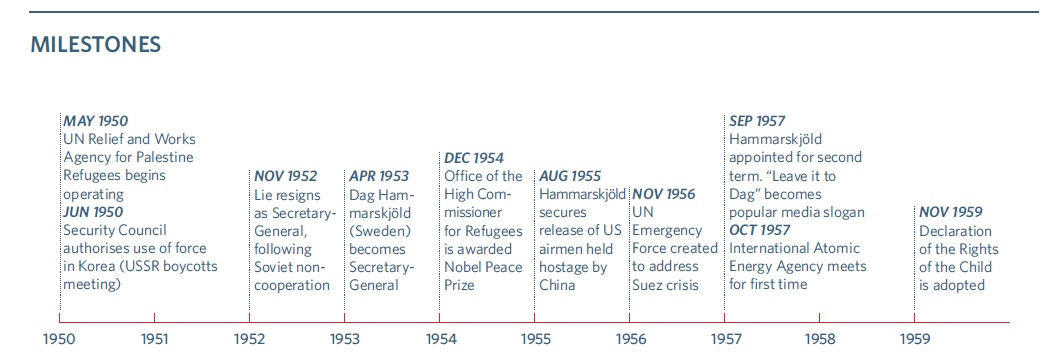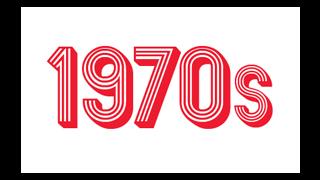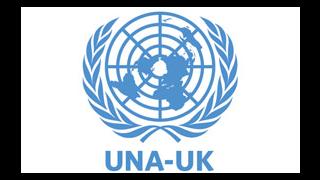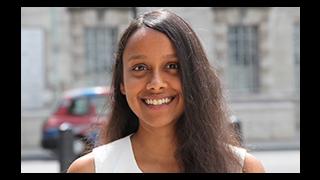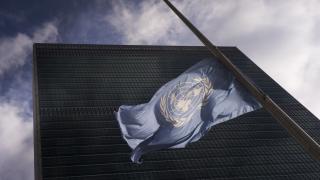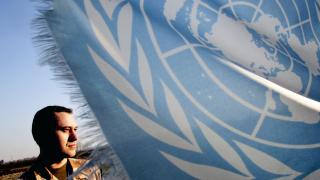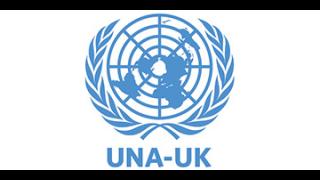
“For years, Africa has been the footstool of colonialism and imperialism, exploitation and degradation. From the north to the south, from the east to the west, her sons languished in the chains of slavery and humiliation, and Africa’s exploiters and self-appointed controllers of her destiny strode across our land with incredible inhumanity without mercy, without shame, and without honour. Those days are gone and gone forever, and now I, an African, stand before this august Assembly of the United Nations and speak with a voice of peace and freedom, proclaiming to the world the dawn of a new era… There are now 22 of us in this Assembly and there are yet more to come”
When the UN was created, almost a third of the world’s population – some 750 million people – lived in territories that were not self-governing. Since then, over 80 countries have gained independence, radically changing the make-up of the UN and the international community.
Between 1950 and 1960, the year in which Kwame Nkrumah, the first president of Ghana, delivered this speech, 41 countries joined the UN. The majority were former colonies. During this period, the UN became a platform for those campaigning against colonial oppression, including apartheid.
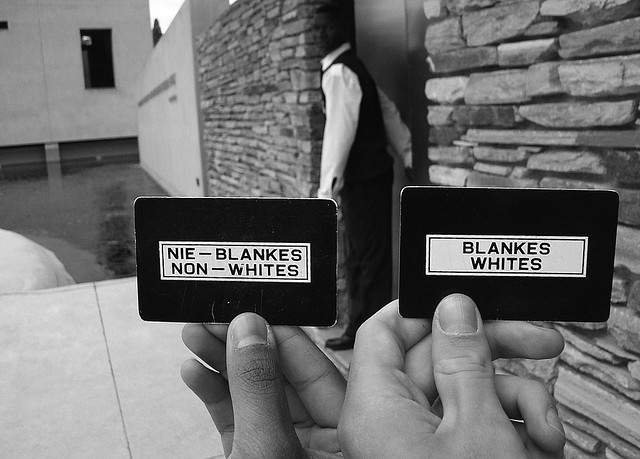
South Africa featured in the very first session of the UN General Assembly. In 1950, the Assembly adopted a resolution stating that “racial segregation was necessarily based on doctrines of racial discrimination”, and from 1952 the “question of race conflict in South Africa” began to appear on its agenda every year.
The UN Charter includes a commitment to “develop self-government, to take due account of the political aspirations of the peoples, and to assist them in the progressive development of their free political institutions”. It also created a Trusteeship Council to monitor certain territories, including those held under mandates established by the UN’s predecessor, the League of Nations – such as Samoa; and those separated from countries defeated in the Second World War, such as Somalia. Eleven territories were placed under this system. In 1994, the Council suspended operation after the last of the 11, Palau, became independent.
That year, South Africa’s first democratically elected government took office. After four decades of pressure, including arms embargoes and sporting boycotts, the General Assembly removed the item of apartheid from its agenda.
Despite this progress, the UN does not consider its task to be complete. At present, there are still 17 non-self-governing territories, home to nearly two million people. Through the Special Committee on Decolonization, the UN continues to advocate for their rights and interests.
*Extract from speech by Kwame Nkrumah to the UN General Assembly, 23 September 1960
Photo: Apartheid Museum in Johannesburg, South Africa. Copyright Apartheid Museum/Francois de Halleux
